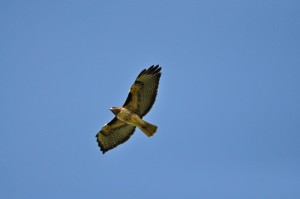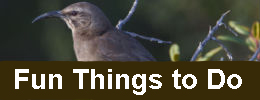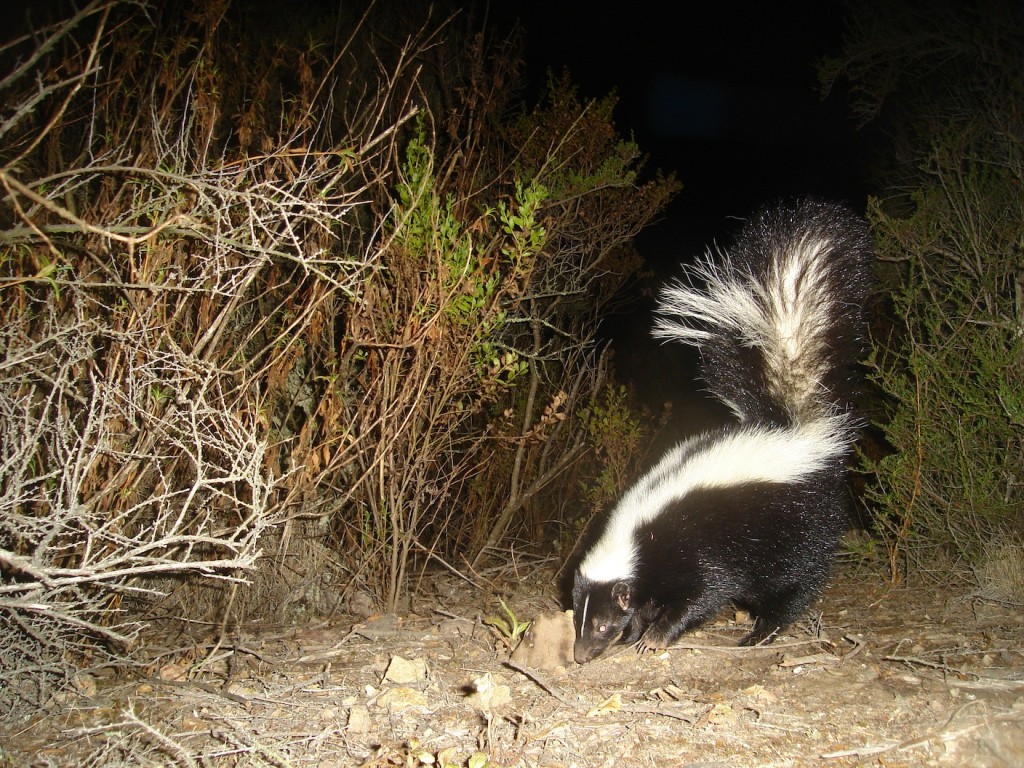 Over a period of several weeks, teacher and photographer Christian Naventi took a series of photos of a few of the species of wildlife from within the rare maritime chaparral. This area would be fenced off if the Oakland Zoo succeeds in building its proposed expansion. Setting up a camera along a trail, he was able to capture species that use the area to forage, hunt, and mark their territories.
Over a period of several weeks, teacher and photographer Christian Naventi took a series of photos of a few of the species of wildlife from within the rare maritime chaparral. This area would be fenced off if the Oakland Zoo succeeds in building its proposed expansion. Setting up a camera along a trail, he was able to capture species that use the area to forage, hunt, and mark their territories.
Wild Animals of the Maritime Chaparral in Knowland Park
Reptiles and Amphibians of Knowland Park
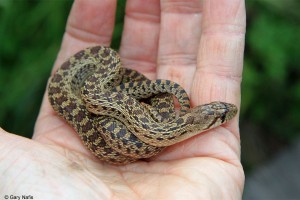 Knowland Park is home to a rich array of reptiles and amphibians thanks to its variety of high quality habitat. Often hidden, these creatures are some of the most colorful animals in the park. Trapping done in the proposed zoo project area to assess the presence of the threatened Alameda whipsnake found not only the whipsnake, but individuals of the numerous species shown in the slideshow (with the exception of the ring-necked snake confirmed by another observer). Winter is an excellent time to find salamanders and other amphibians like the Pacific chorus frog–be sure to listen for the “ribbit” call of the male. Later in spring as the weather warms, snakes and lizards emerge from their hibernation and amphibians disappear into moist hiding spots to rest until the fall rains return.
Knowland Park is home to a rich array of reptiles and amphibians thanks to its variety of high quality habitat. Often hidden, these creatures are some of the most colorful animals in the park. Trapping done in the proposed zoo project area to assess the presence of the threatened Alameda whipsnake found not only the whipsnake, but individuals of the numerous species shown in the slideshow (with the exception of the ring-necked snake confirmed by another observer). Winter is an excellent time to find salamanders and other amphibians like the Pacific chorus frog–be sure to listen for the “ribbit” call of the male. Later in spring as the weather warms, snakes and lizards emerge from their hibernation and amphibians disappear into moist hiding spots to rest until the fall rains return.
Mammals of Knowland Park
 Mammals found in Knowland Park range from the 100+ lb. mountain lion down to the tiny shrew that weighs a few ounces. Although active year round, many of the mammals are nocturnal, staying hidden from view during the day–the best time to catch a glimpse is dusk or dawn. Most of the park’s mammals have fur in shades of brown or gray and are well camouflaged with the notable exception of the striped skunk whose distinct black and white fur advertises a warning to potential predators to back off or else.
Mammals found in Knowland Park range from the 100+ lb. mountain lion down to the tiny shrew that weighs a few ounces. Although active year round, many of the mammals are nocturnal, staying hidden from view during the day–the best time to catch a glimpse is dusk or dawn. Most of the park’s mammals have fur in shades of brown or gray and are well camouflaged with the notable exception of the striped skunk whose distinct black and white fur advertises a warning to potential predators to back off or else.
Wildflowers of Knowland Park
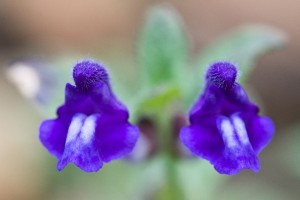 These are a sample of the many species of wildflowers found within the oak woodlands, grasslands, and chaparral of the proposed Zoo Expansion area in Knowland Park that would be enclosed by a perimeter fence. They include some of our locally rare plants. The proposed theme park would place exhibits on top of many of these wildflower populations and would restrict public access to these locations.
These are a sample of the many species of wildflowers found within the oak woodlands, grasslands, and chaparral of the proposed Zoo Expansion area in Knowland Park that would be enclosed by a perimeter fence. They include some of our locally rare plants. The proposed theme park would place exhibits on top of many of these wildflower populations and would restrict public access to these locations.
Photos #1-5, 7, 9, 10, 12-20 were taken by Ken-ichi Ueda; #6 by Dianne Lake; #8,11 by Gregg Weber, and #21 by Mack Casterman.
 Follow
Follow